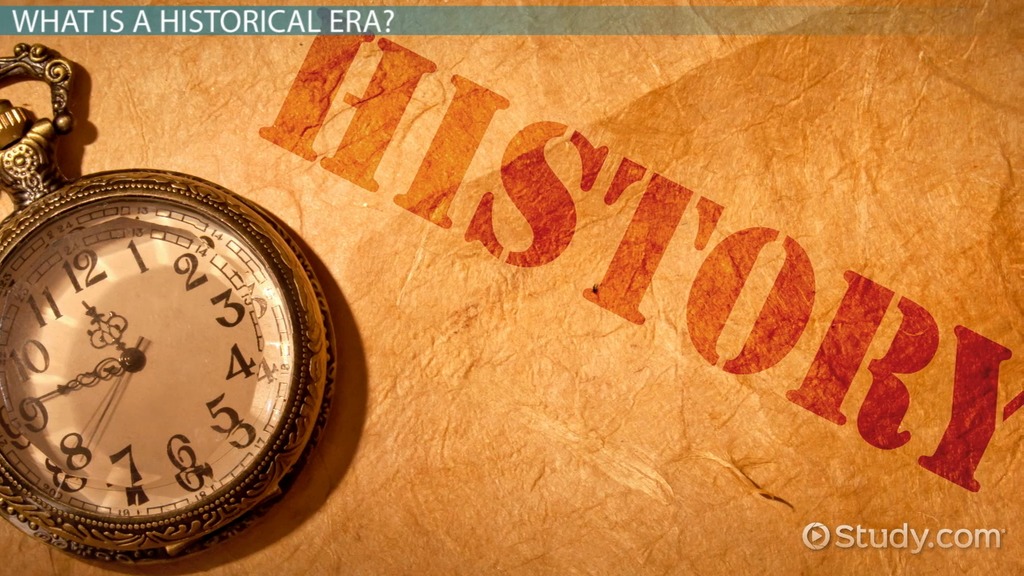The Bahá’í teachings encapsulate a profound worldview that emphasizes the concept of progressive revelation. This notion posits that divine guidance is delivered through a succession of Manifestations of God, each contributing to the evolving tapestry of human understanding. As unique embodiments of divine wisdom, these Manifestations unveil layers of truth appropriate to the times and circumstances of their respective epochs. This framework serves as a poignant illustration of humanity’s spiritual evolution, paralleling the natural processes observed in the development of life itself.
The metaphor of progressive revelation as a growing tree is particularly fitting. Just as a tree produces rings that reflect its age and experiences, humanity’s spiritual history is marked by the successive revelations of great spiritual teachers—each adding depth and breadth to our collective understanding of the divine. From the teachings of Moses, Jesus, Muhammad, and, ultimately, Bahá’u’lláh, each cascade of divine revelation enriches the previous, functioning as both a foundation and a catalyst for subsequent spiritual insights.
In tracing the historical arc of progressive revelation, we can discern a pattern of unity amidst diversity. Each religious figure, while distinctive in their approach and teachings, heralds a continuum of divine guidance that calls for the unity of humanity. This continuity is not merely about a chronological succession; rather, it underscores a profound message that divine truth is not static but dynamic. The teachings of Bahá’u’lláh, for instance, reflect this dynamism by addressing the needs of contemporary society while returning to the fundamental principles found in earlier revelations.
Contemporary Bahá’í teachings advocate for the recognition of unity in diversity—a core principle that permeates the faith. In an era marked by discord and fragmentation, the unique appeal of Bahá’ism lies in its unwavering commitment to fostering harmony among various cultures, religions, and ideologies. This aspiration speaks to the very essence of progressive revelation, as it invites individuals to look beyond the superficial distinctions that often divide humankind and to seek the universal truths that bind us together.
As we delve into the contemporary relevance of progressive revelation, it becomes evident that the teachings extend far beyond mere theological discourse; they engage with pressing global issues. Climate change, social justice, and economic inequality are examples of challenges that require a collective and unified response—one guided by the spiritual principles enshrined within the Bahá’í framework. The idea that humanity is on the brink of a new order, one that harmonizes science and spirituality, echoes through the teachings of Bahá’u’lláh, serving as both a call to action and a profound source of hope.
Moreover, the unique appeal of this faith tradition rests in its emphasis on the collective advancement of mankind. The concept of the oneness of humanity, as articulated by Bahá’u’lláh, transcends individual aspirations and calls forth a spirit of collaboration. This is reminiscent of a symphony, in which each instrument contributes to a harmonious whole—each individual, regardless of their background or belief, plays a vital role in the grand orchestration of societal progress.
Furthermore, the teachings underscore the importance of education as a catalyst for human development. The imperative of universal education is not merely a societal construct; rather, it is a divine mandate that aligns with the principles of progressive revelation. The transformative power of knowledge acts as a driving force, enabling individuals to comprehend and act upon the foundational truths revealed throughout history. The integration of spiritual education alongside intellectual pursuits empowers individuals to navigate complex social landscapes and to contribute meaningfully to the betterment of society.
In exploring progressive revelation, it is also essential to acknowledge the role of personal interpretation within the Bahá’í community. Each follower is encouraged to engage with sacred texts, fostering a personal connection to the divine and cultivating a deeper understanding of spiritual principles. This intrinsic individualism does not detract from the communal aspects of the faith; instead, it enriches the discourse within the community, resulting in a vibrant and dynamic exploration of belief.
The vistas opened up by progressive revelation guide adherents towards a more expansive view of truth. Rather than viewing truths as isolated, divergent beliefs, the Bahá’í perspective invites individuals to see them as interconnected threads within a larger fabric of understanding. This holistic approach challenges the dichotomous thinking that often pervades religious discourse and encourages a synthesis of insights across various traditions. The metaphorical lens of a kaleidoscope aptly illustrates this dynamic, where each turn reveals a new, intricate pattern composed of diverse elements, yet still part of an overarching design.
In conclusion, the Bahá’í teachings on progressive revelation illuminate a path forward, one characterized by unity, diversity, and an unyielding commitment to the betterment of humanity. The articulation of divine wisdom through the ages not only provides historical context but also resonates with contemporary challenges, underscoring the relevance of spiritual principles in modern society. As we navigate the complexities of our global landscape, the teachings beckon us to look beyond ourselves—inviting collaboration, fostering understanding, and nurturing a collective vision for a future imbued with peace and justice. In embracing this vision, we participate in the unfolding narrative of human spiritual evolution, grounded in the profound insight that the search for truth is a shared journey, woven through the very fabric of our existence.
